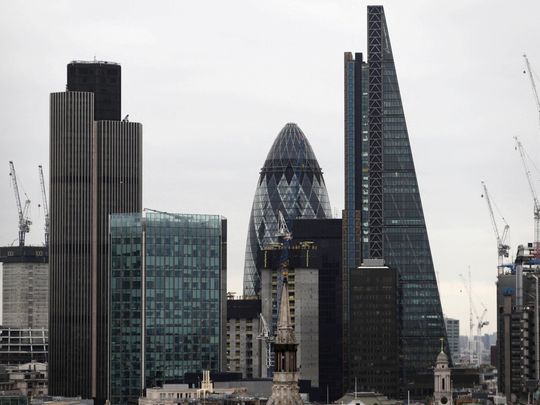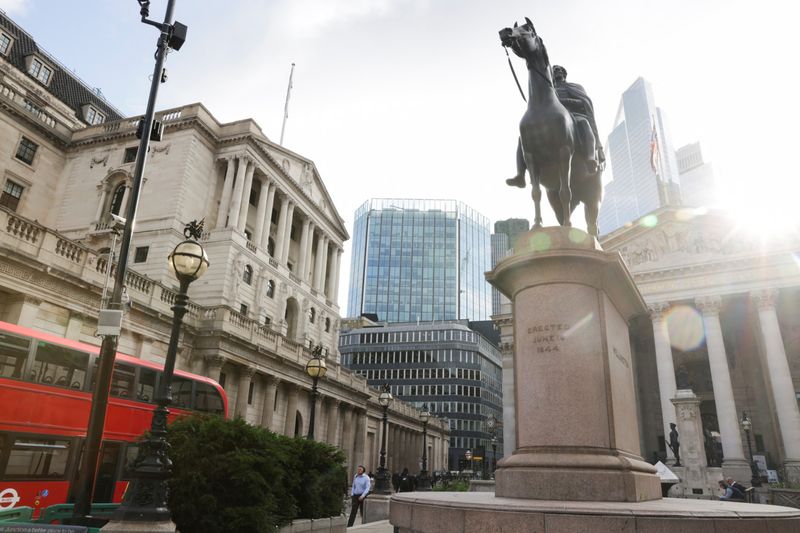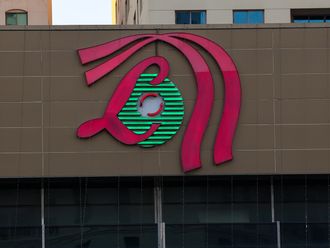
London: British inflation fell by more than expected in June and was its slowest in more than a year at 7.9 per cent, according to official data that will ease some of the pressure on the Bank of England to keep on raising interest rates sharply.
Sterling fell as the Office for National Statistics said the consumer price inflation growth rate was its lowest since March of last year but remained above the pace of price growth in many other big, rich economies.
The BoE said in May it expected inflation in June would fall to 7.9 per cent.
Core inflation - a measure which excludes food, energy and tobacco prices and which the BoE watches closely to gauge underlying price pressures - also dropped by more than expected, coming in at 6.9 per cent from May’s 7.1 per cent, its joint highest in more than 30 years.
Economists polled by Reuters had expected the core measure of price growth to hold at 7.1 per cent.
FTSE 100 futures rose by as much as 0.8 per cent to their highest in 10 days, suggesting an upbeat open for the benchmark index later on.
FOREX
The pound fell by the most against the dollar this month, dropping by as much as 0.8 per cent to $1.2934, but still within sight of last week’s 15-month high of $1.1344.
MONEY MARKETS
Overnight interest rate swaps suggested a terminal rate of between 5.75 per cent and 6 per cent by late 2023, or early 2024, while traders now believe there is a greater chance of the BoE raising interest rates by just a quarter point this month, than by half a point.
Food price inflation slowed to 17.3 per cent - still a major strain on the finances of many households - from 18.3 per cent in May.
The BoE is expected to raise interest rates for a 14th time in a row on August 3, having already increased its base rate to 5 per cent in May from 0.1 per cent in December 2021.

The opposition Labour Party, which is riding high in opinion polls, has accused Sunak’s Conservative Party of presiding over a “mortgage catastrophe” as home-owners see their borrowing costs jump.












